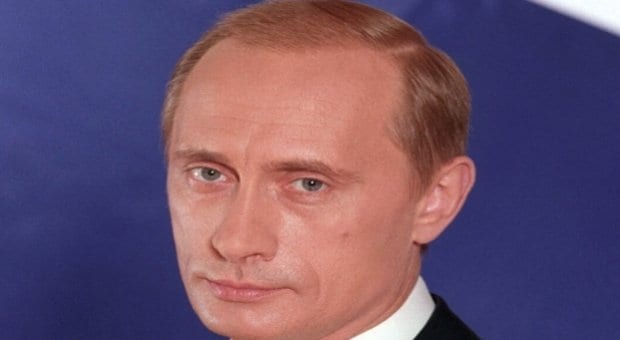As global condemnation of the anti-gay legislation he signed into law continues unabated, Russian President Vladimir Putin says there won’t be any discrimination against gays at the Sochi Winter Olympics set for February next year.
This latest statement follows Putin’s recent announcement of measures that prohibit “gatherings, rallies, demonstrations, marches and pickets” that are not part of the Sochi Olympics and Paralympics, from Jan 7 to March 21.
A number of media reports say that such a ban is unusual and that it has been put in place to deter anticipated rallies and demonstrations at the Games.
But Putin says the measures are being put in place to ensure the security of the Games against terrorists, Agence France-Presse (AFP) reports. “We shall do everything depending on us to cut them off, to give the terrorists no chance for a display of their violence.”
Like other political figures, including St Petersburg lawmaker Vitaly Milonov, Russian sports minister Vitaly Mutko and deputy prime minister Dmitry Kozak, Putin has dismissed the outcry against the measure, saying there’s “no need to make a mountain out of a molehill” and that “nothing terrible is happening in the country.”
“We don’t have any laws pointed against persons with a non-traditional sexual orientation here in Russia,” Putin said during a Channel One interview.
He added that most people believe composer Tchaikovsky was gay. “So what?”
Putin claims the anti-gay gag law is not meant to target the LGBT population, but to address Russia’s demographic challenges.
“The people who initiated the enactment of this bill acted on the premise that the same-sex marriages cannot produce children,” Putin explained.
“Meanwhile, Russia is experiencing certain demographic problems, and we’re interested to have more traditional families and more children.”
He continued, “I can assure you that during the Olympics or any other major sports events, Russia will strictly stick to the Olympic principles which forbid any kind of discrimination of people on any basis.”
But Putin’s statement conflicts with that issued by Sports Minister Mutko, who said last month that athletes are subject to the anti-gay law if they get involved in spreading propaganda, the definition of which is vague.
The International Olympic Commission (IOC) has said it will penalize athletes who make political statements at the Sochi Games, citing Rule 50 of its charter that says such demonstrations are not permitted in any Olympic sites, venues or other areas. Violations of the rule could lead to “disqualification or withdrawal of the accreditation of the person concerned.”
There are indications that athletes are willing to use sporting events to take a stand against the laws. Both American middle-distance runner Nick Symmonds and Swedish high jumper Emma Green Tregaro leveraged the spotlight on the recently concluded World Athletics Championships in Russia to do just that.
On Sept 3, rallies against the gay propaganda law were staged in 32 cities worldwide, with protesters calling on world leaders to condemn the measure at the G20 summit taking place this week.
While British Prime Minister David Cameron has indicated that he plans to speak with Putin about the law, American President Barack Obama will reportedly meet with Russian activists, including LGBT community members.
According to The Associated Press, Putin now says he might be open to a meeting with LGBT activists if there is interest from the community.


 Why you can trust Xtra
Why you can trust Xtra


